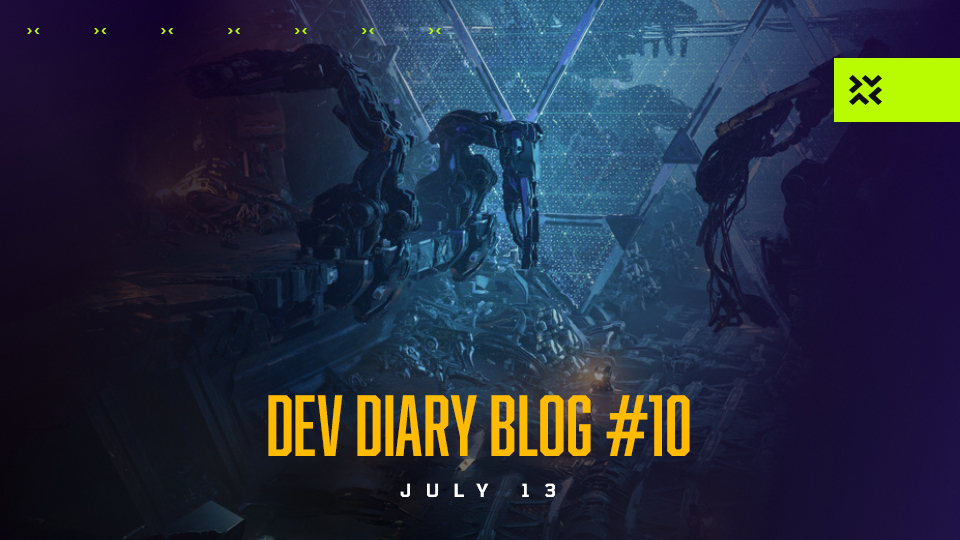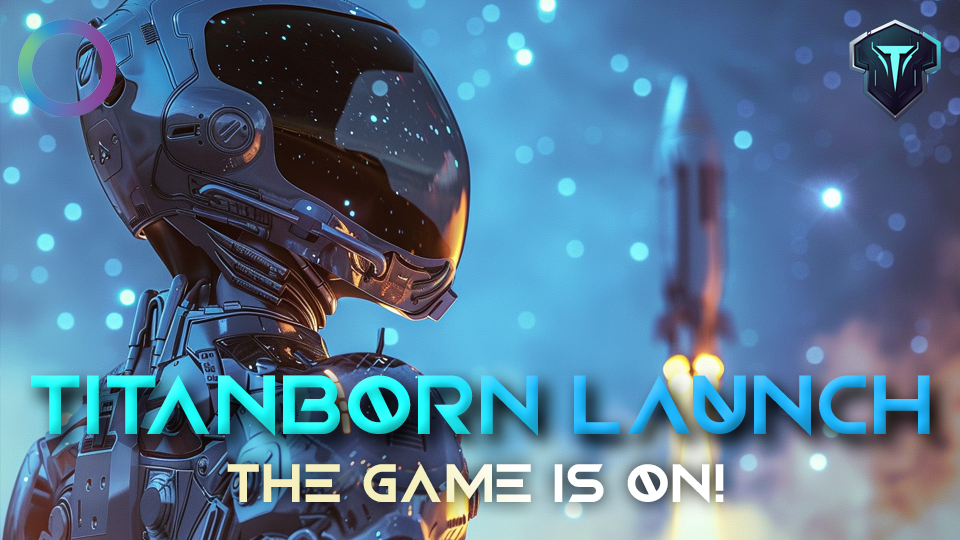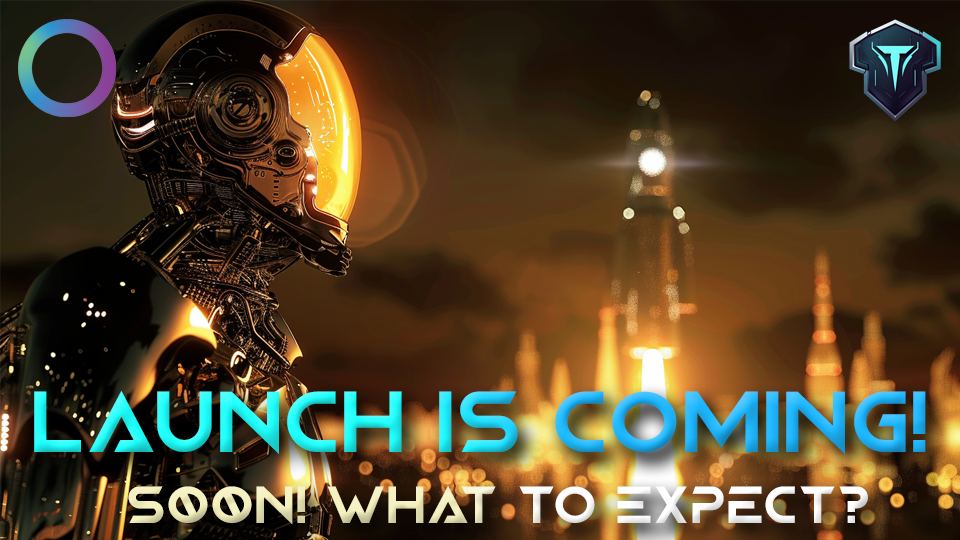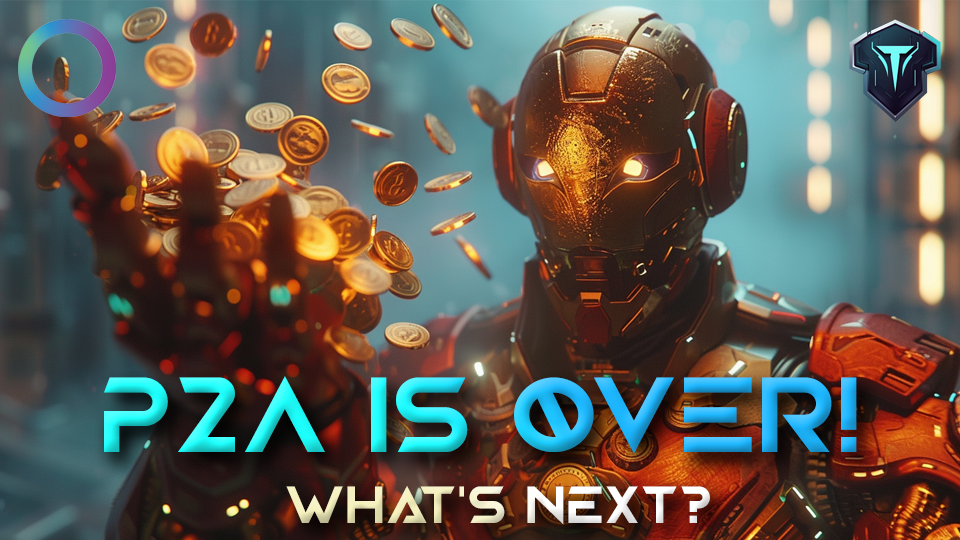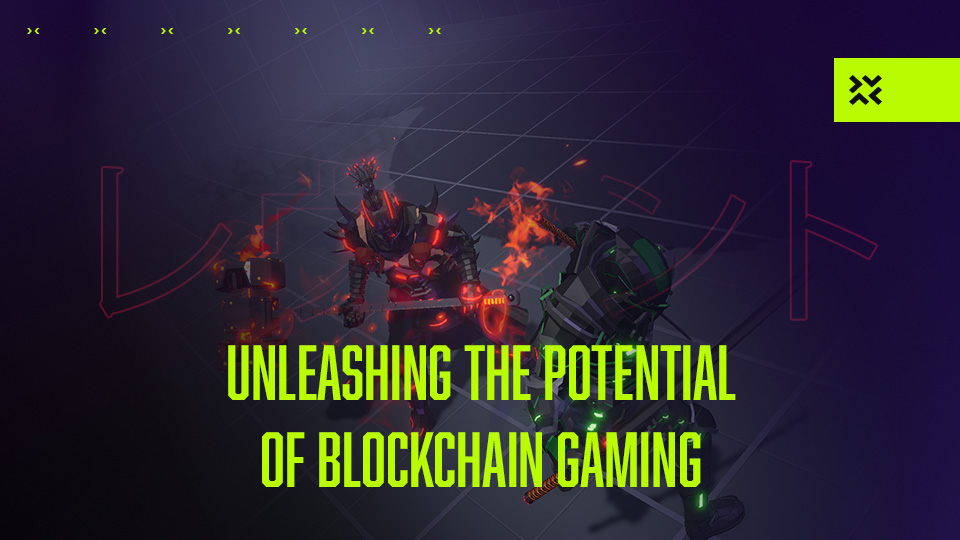
This article leans on our previous piece about our insights as pioneers in game development industry. In this one, we will dive even deeper into the state of game development and our unique position in the industry as a blockchain game publisher and developer startup:
- Blockchain Gaming: A New Era of Opportunities and Challenges
- The Winds of Change in the Blockchain Gaming World
- The Power Shift: From Developers to Players
- The Price of Fun: Challenges in Blockchain Gaming
- The Path Forward: Building Better Games with Better Tools
- Introducing Battle of Olympus: A New Era in Blockchain Gaming
The advent of blockchain technology has stirred up various industries, with the gaming sector being no exception. The promise of blockchain gaming is vast, from transforming the ownership of in-game assets to enhancing transparency, making it harder for fraudsters to exploit the system. However, the journey of blockchain gaming has been a rollercoaster ride, with mixed reactions from gamers and developers alike. Let’s delve into the challenges and opportunities that lie ahead.
Blockchain Gaming: A New Era of Opportunities and Challenges
The gaming industry has witnessed several transformative technologies, and blockchain is the latest entrant. Despite its promising potential, blockchain gaming has not yet fully captivated the hearts of gamers and developers. Critics argue that while the technology offers unique benefits, the games themselves often lack the fun factor, which is crucial for player engagement.
This scenario is reminiscent of the initial struggles faced by mobile gaming. The transition from console and PC games was fraught with challenges, but today, mobile games dominate 60% of the global gaming market, boasting a staggering market value of US$136 billion. This trend indicates that blockchain gaming could potentially follow a similar trajectory.
The Winds of Change in the Blockchain Gaming World
The sentiment towards blockchain gaming is gradually changing. For instance, Epic Games, a leading gaming developer and publisher, now features 18 blockchain gaming titles in its store. Furthermore, investors are showing increased interest in the sector, with blockchain gaming projects raising a whopping US$4.5 billion in funding last year alone.
However, the question remains: Can the potential benefits of blockchain gaming sway the skeptics? What will it take for the current players in the space to level up and spearhead the next wave of blockchain gaming innovation?
The Power Shift: From Developers to Players
Blockchain technology has been lauded for its potential to revolutionize the traditional pay-to-win model by giving gamers full ownership of their in-game assets. This shift in power dynamics between players and game developers is underpinned by the use of non-fungible tokens (NFTs), which provide players with true ownership and control over their in-game assets. This shift also allows players to resell their assets on secondary markets, thereby recouping their initial investment even if they stop playing the game.
The Price of Fun: Challenges in Blockchain Gaming
Despite its potential, blockchain gaming has struggled to gain significant traction. The reasons for this are threefold: gameplay, cost, and scalability. For instance, while the play-to-earn (P2E) model introduced by games like CryptoKitties offers players a chance to earn real money, it often fails to address the issue of gameplay. Moreover, high transaction fees and slow network speeds have also been a deterrent, leading to difficulties in retaining players for the long term.
The Path Forward: Building Better Games with Better Tools
The future of blockchain gaming lies in the development of better tools and infrastructure. When blockchain games fail due to the chain’s inability to support high-intensity use, developers are forced to explore alternative scaling solutions. This has led to a surge in investments in infrastructure builders, with over a third of all blockchain gaming investments in 2022 directed towards this area.
However, implementing new infrastructural rails can be challenging, especially for traditional Web2 gaming companies. To overcome these challenges, companies can leverage managed services offered by cloud service providers, which can help bridge the knowledge gap and enable companies to scale their operations.
Introducing Battle of Olympus: A New Era in Blockchain Gaming
As we explore the future of blockchain gaming, one game stands out: Battle of Olympus. Set in the cyberpunk city of Olympus, players take on the roles of various Greek gods, battling their way to the top to conquer the metropolis. This arcade street fighting game is a prime example of how blockchain technology can enhance gameplay and player engagement.
In Battle of Olympus, weapons play a crucial role. Initially, the game was designed for one-to-one brawling without any weapons. However, the introduction of weapons added a new layer of strategy and excitement to the game, allowing players to execute epic moves and strategies.
The game also features various fighter attributes such as Health Points, Energy Points, and Attack Power, which add depth to the gameplay. The introduction of more combos and animations like dodge or grab further enhances the gaming experience.
The Battle of Olympus demo offers a glimpse into the future of the game. It showcases the direction of the game and the progress made in production. While not all weapons and combos are live at once, the update brings an expanded pool of both, reflecting the latest approach and direction of the game.
Ready to Conquer Olympus?
Are you ready to take on the challenge and conquer Olympus? Play the new Battle of Olympus demo today and experience the future of blockchain gaming. With its unique gameplay elements and innovative use of blockchain technology, Battle of Olympus is set to redefine the gaming landscape.


